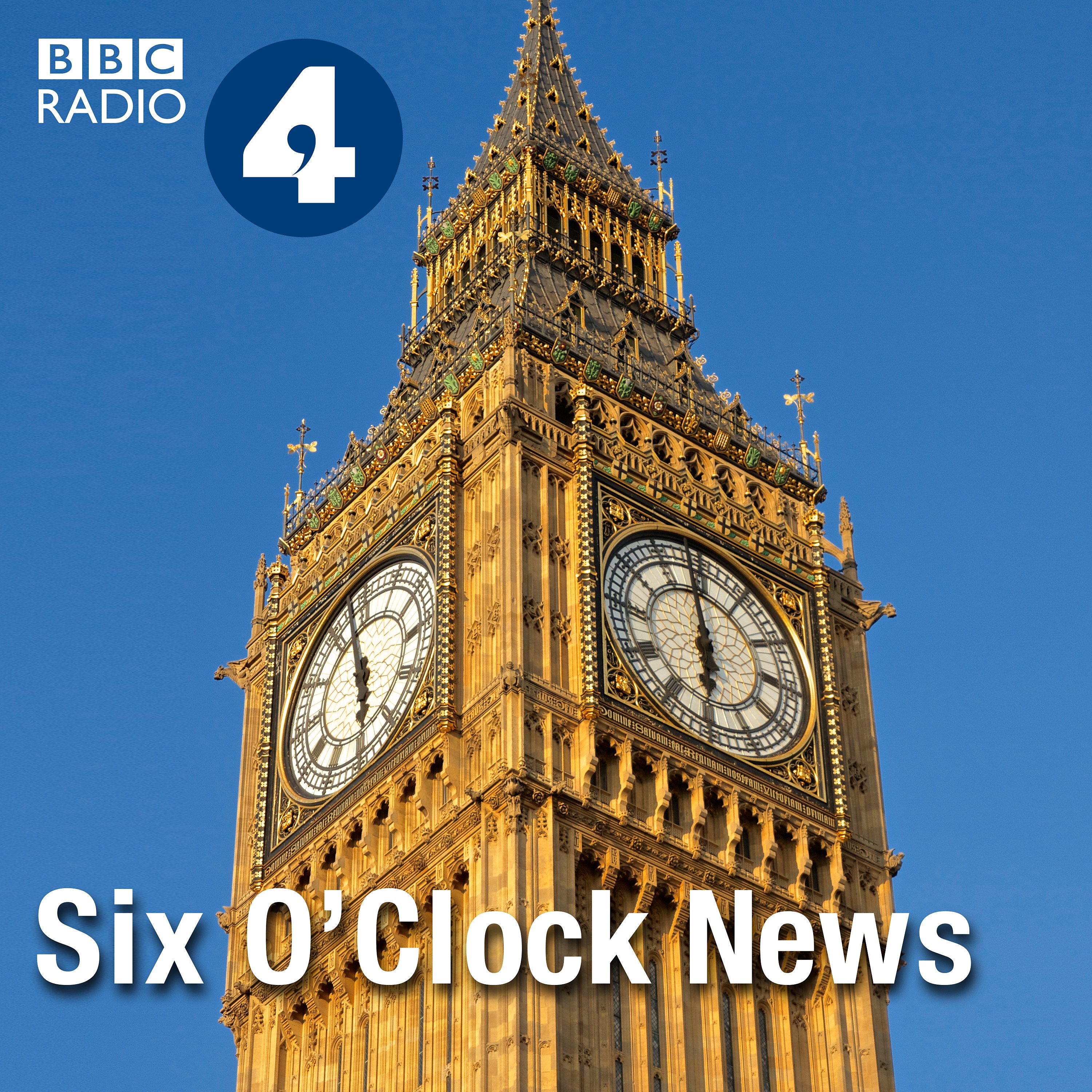Research Uncovers a Link Between the Cost of Getting Married and the Outbreak of Conflict About 75% of the world's population live in societies that practice of form of dowry payment. This is also known as brideprice and it is essentially wealth that a potential husband must pay to the family of his would-be wife. But in this way, brideprice acts as a kind of regressive flat tax that younger, and generally poorer men must pay to wealthier, older men. Hilary Matfess, a PHD candidate at Yale University, undertook a wide study of the impact of fluctuations in brideprice on broader issues related to conflict. She found that there is a positive correlation between changes in brideprice and the outbreak of violent conflict. In other words, when the cost of getting married increases, so too does the probability of armed conflict. Hilary Matfess published her findings a paper published in the 2017 issues of the academic journal International Security. In it, she and her co-author Valerie Hudson identify how the cost of getting married can lead to the outbreak of violent conflict and war. Anyone who has ever taken an international relations or security class knows that there are volumes of research on what causes the outbreak of violent conflict. Through case studies, which Matfess discusses in this conversation, the paper demonstrates how fluctuations in brideprices can lead to the outbreak of violent conflict. It is fascinating research with very real-world policy implications. This is a re-broadcast of an August 2017 episode. Become a premium subscriber to unlock bonus episodes, earn other rewards, and support the show!
# International SecurityAn academic journal where Matfess's findings on the correlation between brideprice fluctuations and conflict outbreaks were published.












